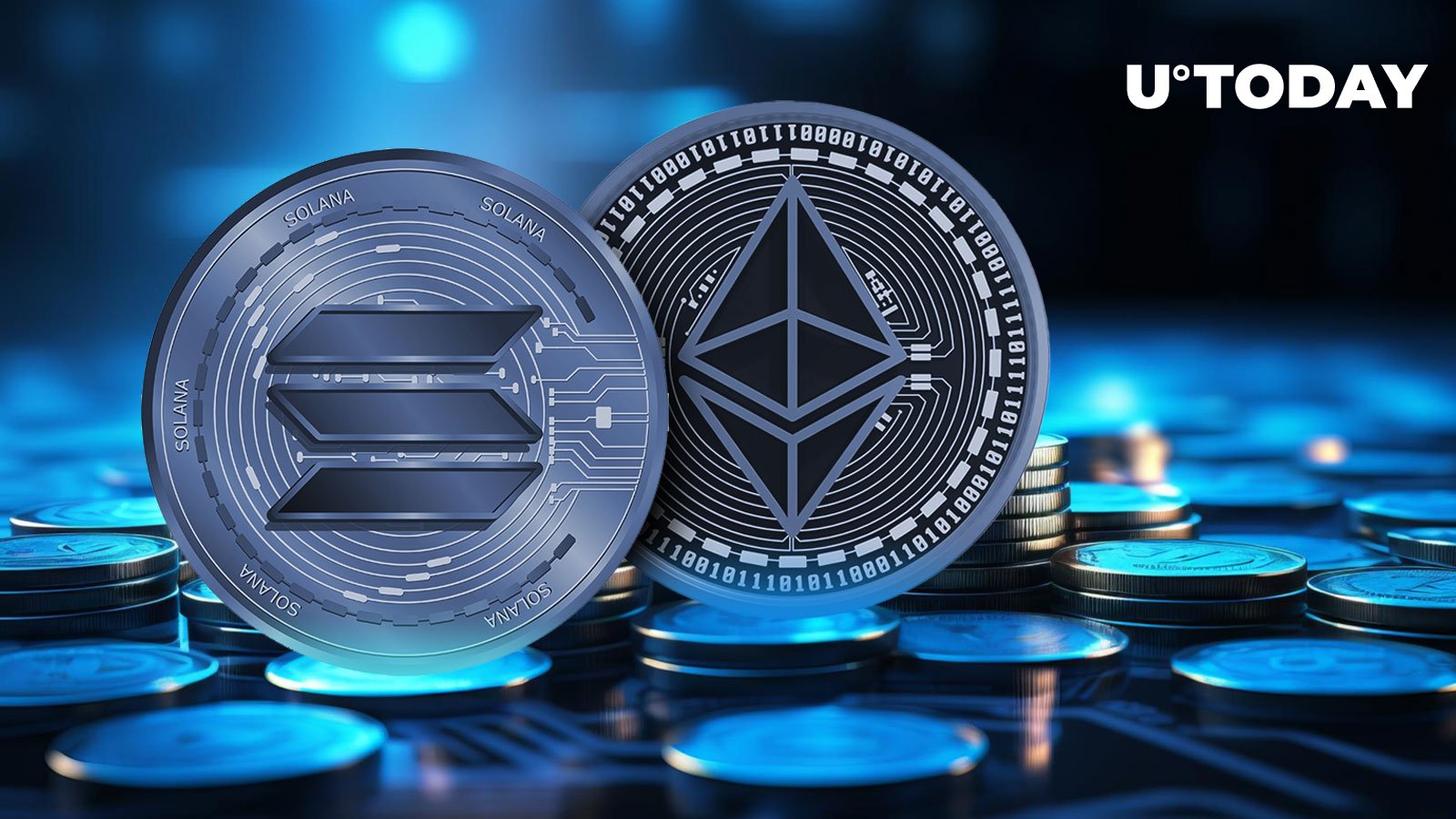Solana’s co-founder Anatoly Yakovenko recently made a bold assertion about the future of blockchain interoperability and the role of Solana in the wider Ethereum ecosystem.
In a series of posts on the X social media platform, Yakovenko described Solana as an Ethereum Layer 2 (L2) solution through the Wormhole EigenLayer.
This would be possible because of advancements in “danksharding,” a scaling solution for Ethereum, suggesting a future where Solana blocks could be submitted into a data-validating bridge contract on Ethereum.
Exploring interoperability
Yakovenko’s comments sparked a discussion about the technicalities and implications of such an integration.
He clarified that Solana would only mint the wrapped version in its state after Ethereum achieves full finality, addressing concerns about potential reorganizations (reorgs) of the blockchain.
The concept of “social consensus” was emphasized, which suggests flexibility in how Solana and Ethereum might interact.
This flexibility could allow users to fork off into their own layer-1 1 (L1) blockchain, using a snapshot root. Yakovenko’s stance indicates a broader view of what defines a layer-2 solution, challenging traditional boundaries and proposing a more fluid and interconnected blockchain ecosystem.
Solana’s market resurgence
As reported by U.Today, Solana has recently marked a significant achievement by surpassing Ethereum in a key trading metric: perpetual futures trading volume.
Solana’s lead in both perpetual futures and spot trading volumes, coupled with a soaring market capitalization, positions it as a formidable competitor in the crypto space, even challenging Ethereum’s dominance in the Decentralized Exchange (DEX) and decentralized finance (DeFi) sectors.
The interest in the Solana ecosystem mostly stems from the meme coin frenzy that was fueled by the rise of the Bonk (BONK) token.
